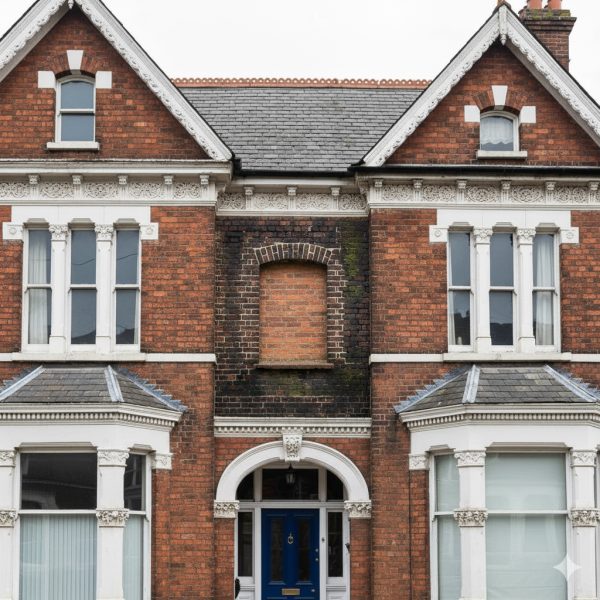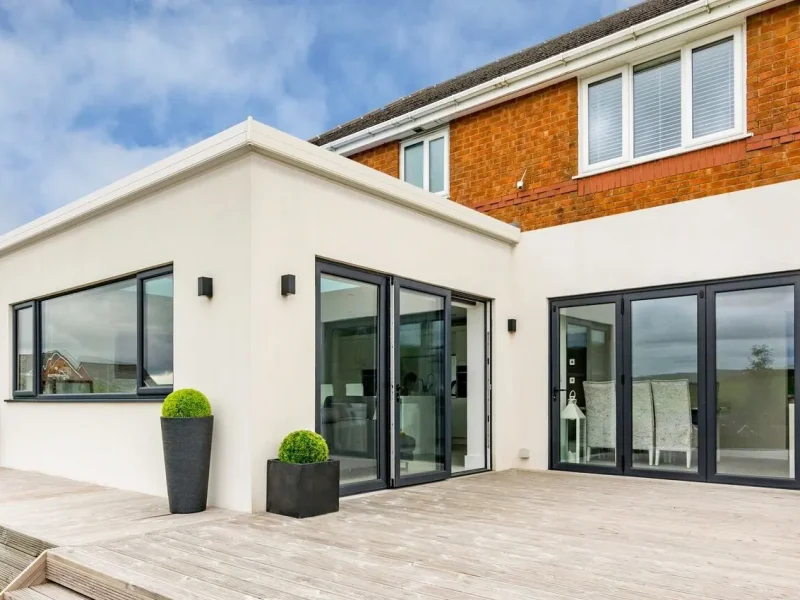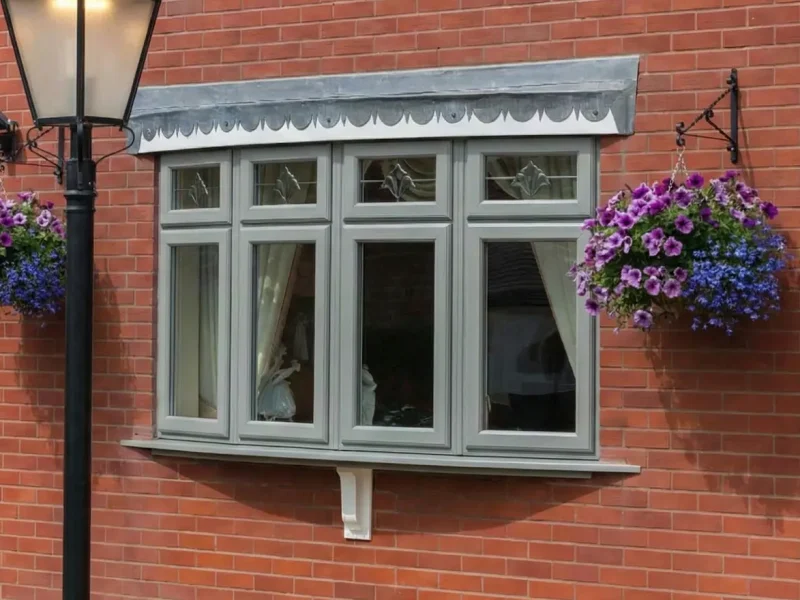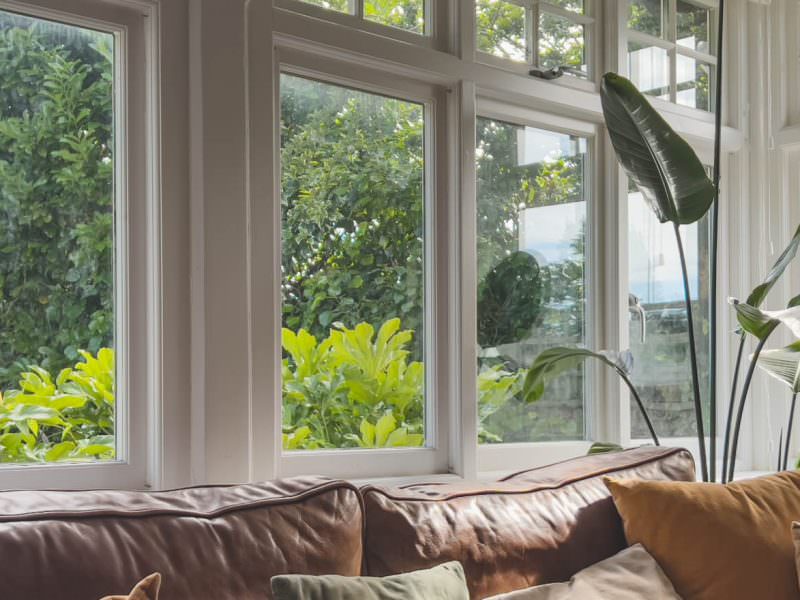
Timber - PVC - Aluminium - Windows, Doors & Conservatories in Hampshire
Daylight robbery: did it really come from the window tax?
Daylight robbery: did it really come from the window tax?
Category: History & Architecture
Reading Time: 6 Minutes
📌 Key Takeaways
- The Myth: “Daylight Robbery” originated from the 1696 Window Tax.
- The Reality: The phrase first appeared in 1916—over 60 years after the tax ended.
- The Legacy: Bricked-up windows in Winchester and Alresford are the physical scars of this tax.
- The Modern Equivalent: High energy bills from single glazing are the “New Window Tax.”
Most of us have used the phrase “daylight robbery” when we feel we are being ripped off. It is a persistent myth that this phrase originated from the infamous Window Tax, where the government literally taxed the light coming into your home.
While the tax was very real—and hated—the linguistic link is shaky. Here is the true story of the tax that shaped British architecture, and why you might still be paying a “tax” on your windows today.
Table of Contents
1. Did the term “daylight robbery” come from the tax?
It is a great story: the government taxed windows, robbing people of daylight, hence “daylight robbery.” However, linguistic historians disagree.
The Window Tax (1696) forced people to block up windows, robbing them of daylight. People started using the phrase to describe this unfair charge.
The tax was repealed in 1851. The phrase “daylight robbery” does not appear in print until 1916 (in the play Hobson’s Choice) and 1949 in the Oxford English Dictionary.
It is far more likely that the phrase simply refers to a robbery so brazen it is committed in broad daylight, rather than under the cover of darkness.
2. A Tax on Light?
Despite the linguistic debunking, the tax itself was severe. Introduced in 1696 under King William III, it was designed to be a progressive tax on wealth. The logic was simple: rich people live in big houses with many windows; poor people live in cottages with few.
However, landlords passed the cost onto tenants in urban tenements, leading to severe health issues. The lack of light and fresh air in bricked-up buildings contributed to the spread of disease like typhus and cholera.
— Charles Dickens, 1850
3. How the Tax Worked
To avoid the tax assessor, property owners took drastic measures. They bricked up window apertures, leaving the “blind windows” we see today.
- Under 10 Windows: Exempt (originally).
- 10–20 Windows: Paid an extra four shillings.
- 20+ Windows: Paid an extra eight shillings.
4. The Legacy in Hampshire
You don’t have to look far to see the scars of this tax. Hampshire has some of the finest Georgian architecture in the country, much of which bears the mark of the window tax.
Winchester & Alresford: Walk through the streets of Winchester or Broad Street in Alresford, and look up. You will frequently see perfectly symmetrical Georgian facades where one or two windows are filled with brick.
In some cases, these were painted with trompe-l’œil (fake windows) to maintain the aesthetic without paying the tax. This architectural quirk is a direct result of homeowners in the 1700s trying to lower their tax band.
5. The Modern “Window Tax” (High Bills)
We no longer pay a tax to the government for our windows, but many homeowners in Hampshire are paying a different kind of “tax”—to energy companies.
If you have single glazing or failed double glazing in your period property, you are leaking heat (and money) just as surely as if you were paying the window tax.
Are you paying for heat you don’t use?
Replacing single glazing with A-rated windows can save up to £140 per year on energy bills. Unlike the bricked-up windows of the 18th century, modern solutions like Secondary Glazing or Residence 9 allow you to keep the light and the heat.
How to Stop Heat Loss6. Frequently Asked Questions
In modern conversation, the phrase means that something is grossly overpriced or a complete rip-off. It implies the cost is so high it feels like a crime committed in front of everyone.
The tax ran in England & Wales from 1696 to 1851, and in Scotland from 1748. It was repealed in 1851 after public health campaigns argued that lack of light caused illness.
Usually, yes, but you may need planning permission if you are in a Conservation Area or a Listed Building. You will also need to ensure the new window meets modern Building Regulations for heat loss (Part L).
Some developers add faux bricked-up panels for a “period” aesthetic, particularly in heritage towns like Romsey and Stockbridge, to blend in with older surroundings.
- Certified Fire Doors: The Firecore Collection - 15 January 2026
- Premium Hardware for Profile 22 Doors: Ultion Sweet & Fab&Fix - 15 January 2026
- 2026 Design Trends: The 4 Window & Door Styles Defining the Year - 19 December 2025














